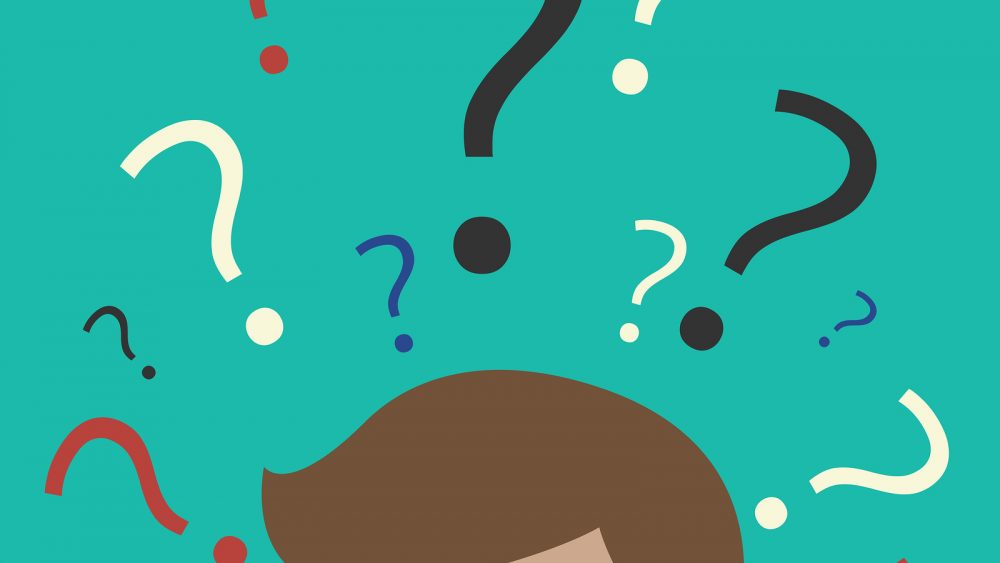Many people choose to see a counsellor when they are dealing with a challenging relationship, a recent tragic event such as the death of a loved one, an accident or losing their job. People also seek the support of a counsellor for challenges such as depression, anxiety or anger. However, there are lots of other reasons people get counselling, which don’t necessarily fit into these categories or which may not immediately come to mind.
Here are some other examples of reasons why people seek counselling:
- Improving communication skills, such as assertiveness and self-expression
- Exploring different options and opportunities when faced with a big decision
- Looking for ways to feel happier on an everyday basis
- Building social skills and/or changing the circumstances for those experiencing loneliness
- Vocational guidance, such as contemplating how to get into a new career
- Parenting support for parents of children of all ages
- Support and accountability when transitioning into a healthier lifestyle
- Understanding and adjusting to questions around identity and/or gender
- Strategies to manage and prevent self-defeating behaviours
- Dealing with emotions such as guilt or jealousy
- Learning ways to support a loved one who is dealing with a traumatic experience
- Overcoming or dealing with phobias
- Improving self-esteem and managing negative thinking
- Managing day-to-day stress
While the issues that bring people to counselling vary a lot, it’s very likely that we have a counsellor who has the knowledge and skills to help. Our team is experienced and diverse. We are guided by a code of ethics that prevents us from working with someone facing issues beyond our expertise (in which case we’ll help you find someone who is right for you). A great place to start is with a free consultation which is offered to all new clients, where you can assess whether if the counsellor is a “good fit” for you. We’re ready to help with the issues that matter to you most.



Comments are closed.